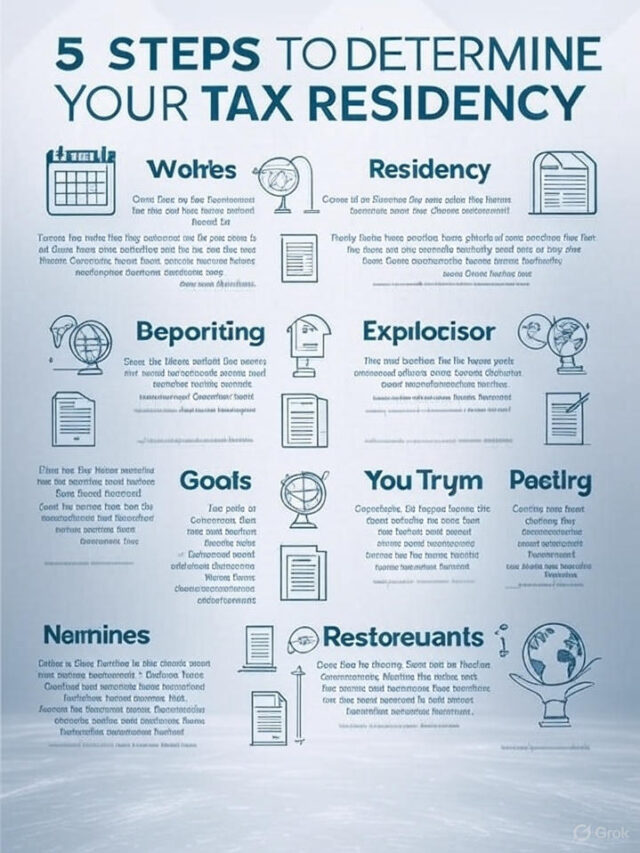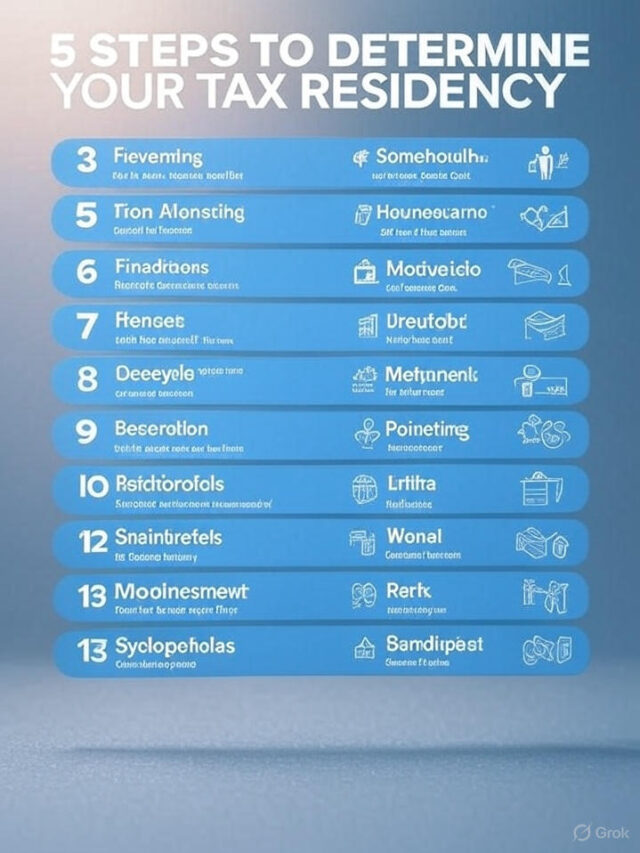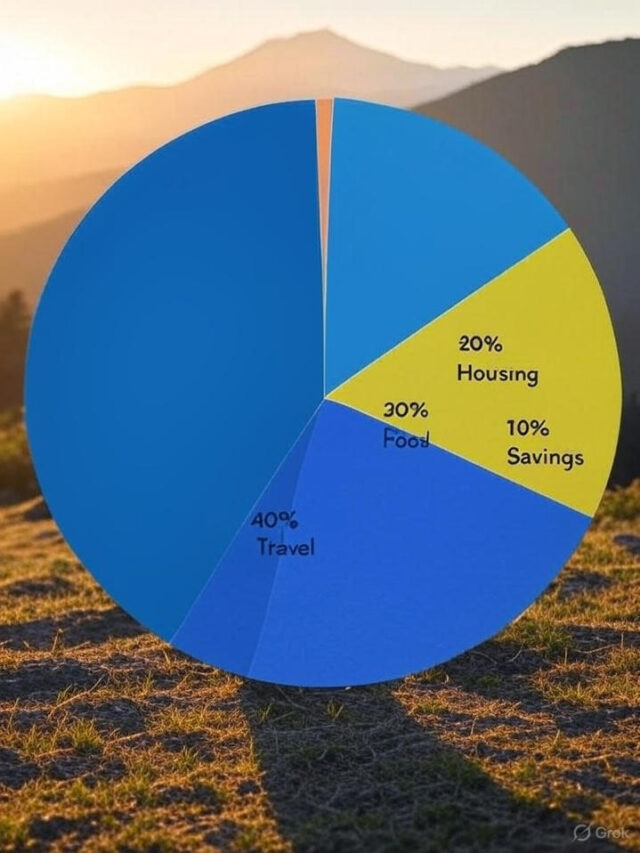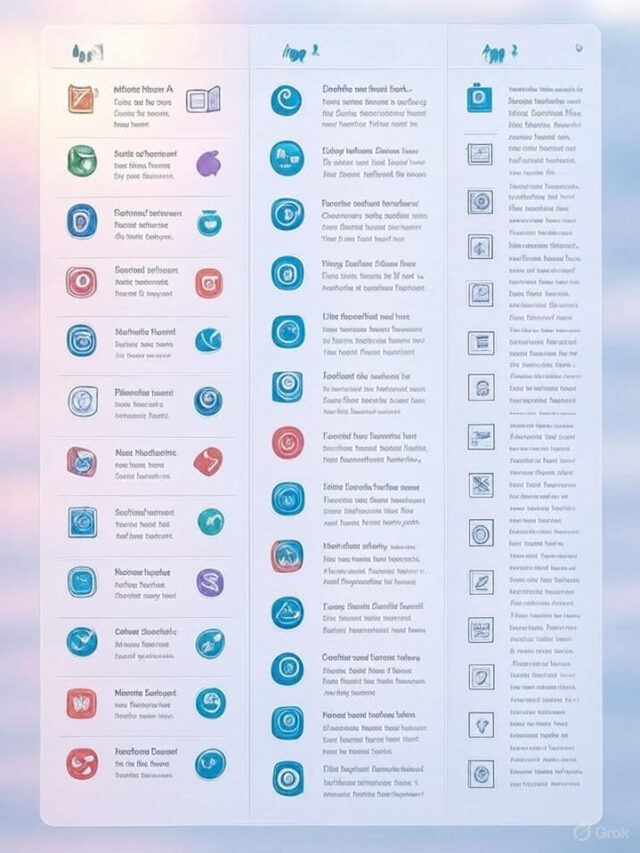
How to Stay Strong While Managing Health Uncertainty
magine you’re cruising through life when—bam!—a health issue pops up like a storm cloud. Maybe it’s a weird symptom, a diagnosis that’s hard to pin down, or just waiting for test results. Managing health uncertainty can feel like walking through a fog with no map. But here’s the awesome part: you can find your way and even shine through it! This article is your friendly guide, packed with simple, expert-backed tips to help you stay strong, whether you’re new to this or a pro at handling health curveballs. Let’s dive in!
Table of Contents
What Does Health Uncertainty Mean?
Why Managing Health Uncertainty Is a Big Deal
Easy Ways to Handle Health Uncertainty
How Friends and Community Can Help
Conclusion: You’re Tougher Than You Think
FAQs About Managing Health Uncertainty

What Does Health Uncertainty Mean?
Health uncertainty is that shaky feeling when you don’t have all the answers about your health. It’s like being stuck in a waiting game—maybe you’re dealing with unexplained pain, a condition like chronic fatigue that’s tough to figure out, or the stress of not knowing what a test will show. A 2023 study in the Journal of Health Psychology found that 68% of people with ongoing health issues feel stressed out by this not-knowing.
Think of it like watching a movie where the ending’s unclear—it’s unsettling! But managing health uncertainty is about learning to keep going, even when the path isn’t clear.
Why Managing Health Uncertainty Is a Big Deal
Let’s be honest: not knowing what’s up with your health can mess with your mind. It’s not just about your body—it’s the worry, the what-ifs, and the stress. That same 2023 study said uncertainty can make you feel anxious, sad, or even helpless. But here’s the cool part: figuring out how to deal with it can make you stronger, happier, and ready to take on anything.
Take Mia, a 30-year-old barista who got a vague diagnosis of “possible autoimmune issues.” She felt stuck, like her life was on hold. But by trying simple things—like writing down her feelings and talking to friends—she started feeling more in control. Her story shows that managing health uncertainty is a skill you can totally learn.
Easy Ways to Handle Health Uncertainty
Ready to take charge? Here are some super doable tips to help you feel steady, even when things feel wobbly. These are perfect for anyone, whether you’re just starting out or you’ve been at this for a while.
1. Learn a Little, Stress Less
Not knowing can be scary, so get curious! Look up your condition, but stick to trustworthy places like WebMD or the Mayo Clinic (no late-night Google spirals!). Ask your doctor simple questions like:
What might happen next?
What can I do to feel better now?
Are there easy changes I can make?
The more you learn, the more control and confidence you gain over yourself. When Jake, a 40-year-old dad, found out he might have high blood pressure, he was freaked out. But reading up on it and talking to his doctor helped him make small changes, like eating better, and he felt way less worried.
2. Focus on What You Can Do
You can’t control everything, like test results or when you’ll feel better. But you can control some stuff, and that’s powerful. Try these:
Eat good food: Veggies, fruits, and proteins keep you strong.
Move your body: A short walk or stretch can cheer you up.
Sleep well: Aim for 7-8 hours to keep stress low.
Dr. Sarah Jones, a health expert, says, “Small actions you choose every day make you feel like you’re in the driver’s seat.” It’s like building a cozy house, even if it’s raining outside.
3. Calm Your Mind with Simple Tricks
You don’t need to be a meditation guru to chill out. A small step and a little performance will steal your anxiety. A 2022 study in The Lancet showed that easy mindfulness habits cut stress by 25% for people with health issues. Try these:
-
Breathe Deeply: Inhale for 4 seconds, hold for 4 seconds and exhale in 4 seconds. Make sure breath by stomach and not by chest. Your lungs should be expand enough to push the upper stomach.
-
Observe your body: Findout where your body is relax and where it tense.
-
Write down good stuff: Jot down three things you’re happy about each day.
When Lily, a 27-year-old student, started doing 5-minute breathing exercises, her worries about her mystery symptoms got way quieter. A breathing session is equal to a mini-vacation that will relax your brain.
4. Don’t Go It Alone
You’re not a superhero who has to do this solo. You need support from your family, friends and relatives, who have past experience of going through. The American Psychological Association says having supportive people around can lower stress by 30%. Find a group online, join a local meetup, or just grab coffee with a buddy who listens.
How Friends and Community Can Help
Here’s a secret weapon: your people. We’re built to lean on each other, and managing health uncertainty is way easier with a crew. Whether it’s a group for people with similar health issues, an online chat on platforms like Reddit, or your best friend who always knows what to say, your squad is gold.
Take Alex, a 55-year-old mechanic with a rare condition. He felt alone until he found an online group where people shared tips and stories. It didn’t fix his health, but it gave him hope and ideas to cope. Your crew doesn’t need to solve everything—they just need to cheer you on.
You’re Tougher Than You Think
Managing health uncertainty isn’t about making the fog disappear; it’s about walking through it with confidence and a smile. By learning a little, focusing on what you can do, calming your mind, and leaning on your people, you’re not just getting by—you’re rocking it. You are not defiend by your health challenges, but for your strength. So, take a deep breath, keep going, and know you’ve got this!
FAQs About Managing Health Uncertainty
Q: How do I stop freaking out about the future?
A: Focus on today with simple tricks like slow breathing or writing down what’s good. Do one small thing you can control, like eating a healthy snack.
Q: Can changing my habits really help?
A: Yup! Studies show eating well, moving, and sleeping enough can lower stress and make you feel better, even with health unknowns.
Q: Where can I find people to talk to?
A: Look for online groups on Reddit or Facebook, check local hospitals for support groups, or just talk to a close friend.
Q: How do I ask my doctor about my worries?
A: Keep it simple—ask what’s next, what you can do now, or how to feel better. Write your questions down so you don’t forget.
Q: Is it okay to feel totally overwhelmed?
A: Totally! That 2023 study said 68% of people feel this way with health issues. You’re not alone, and reaching out can help a ton.


Tax Strategies for Digital Nomads: A Comprehensive Guide to Staying Compliant and Saving Money
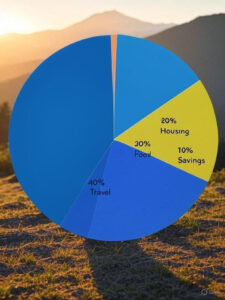

Saving Money as a Digital Nomad: A Comprehensive Guide to Financial Freedom


The Best Budgeting Apps for Digital Nomads: Managing Finances on the Go
Pages
Categories
Recent Posts

Retirement Planning for Digital Nomads: A Roadmap to Financial Freedom on the Move

Tax Strategies for Digital Nomads: A Comprehensive Guide to Staying Compliant and Saving Money


Saving Money as a Digital Nomad: A Comprehensive Guide to Financial Freedom



